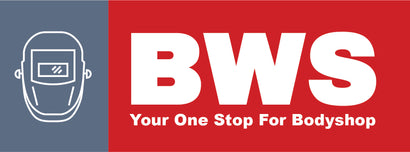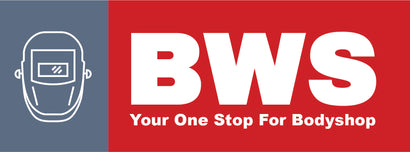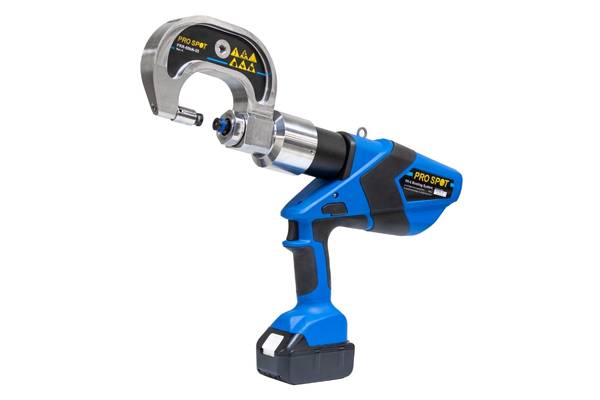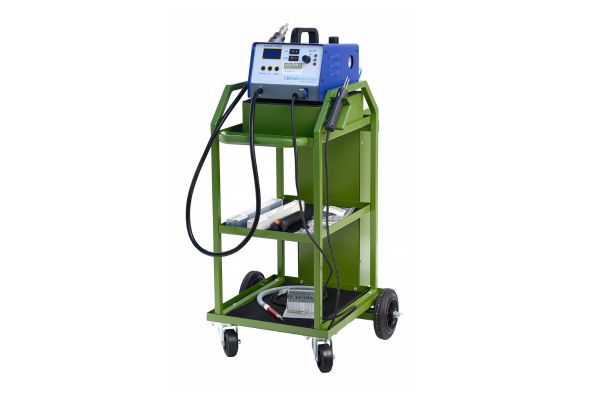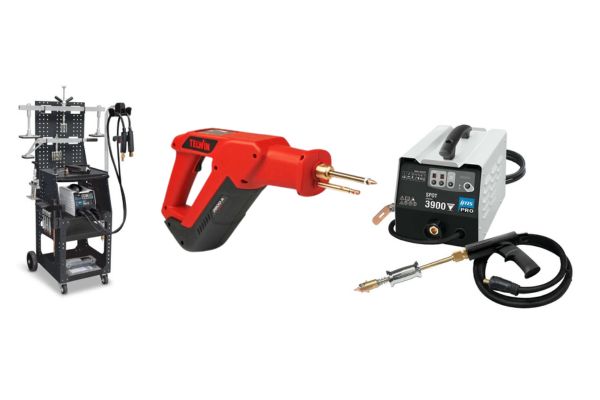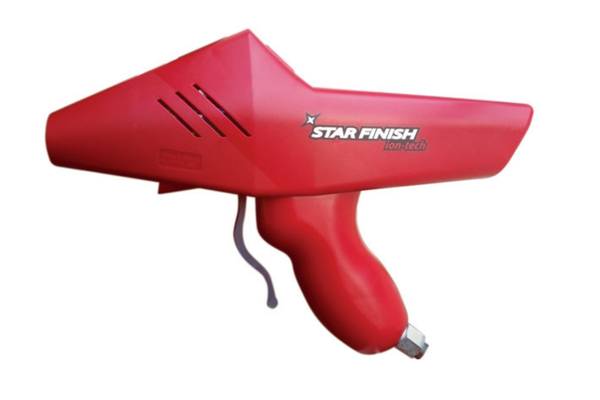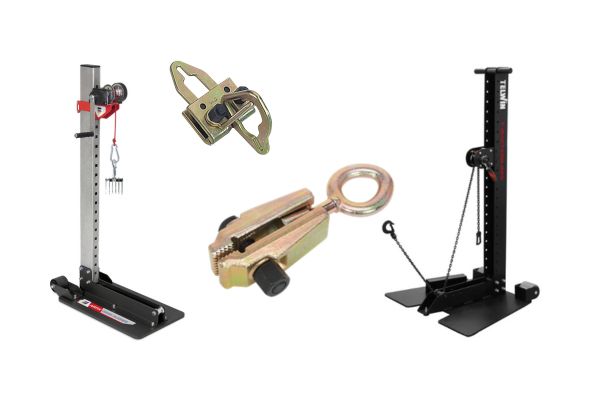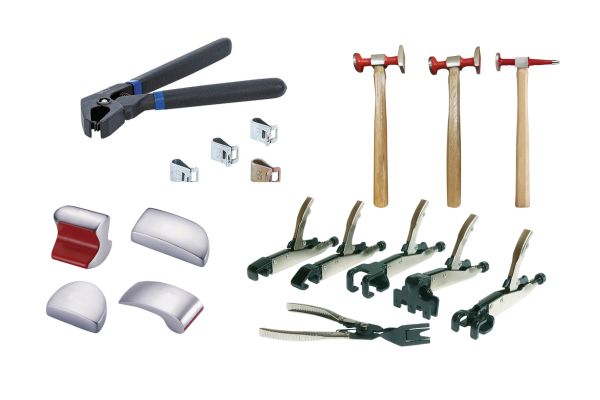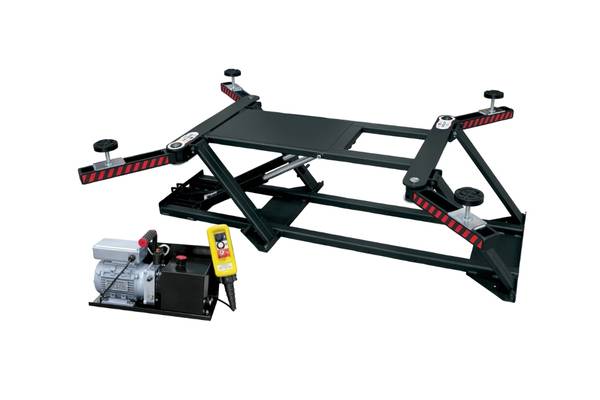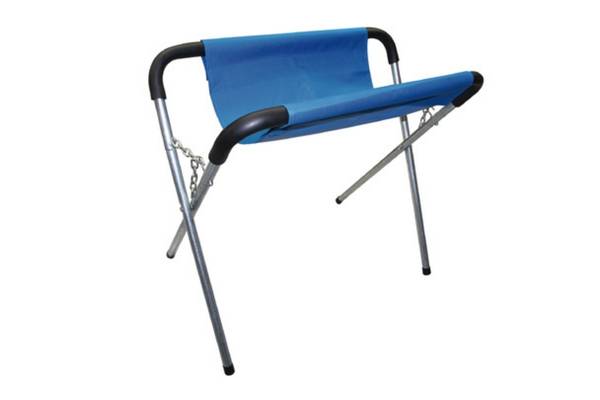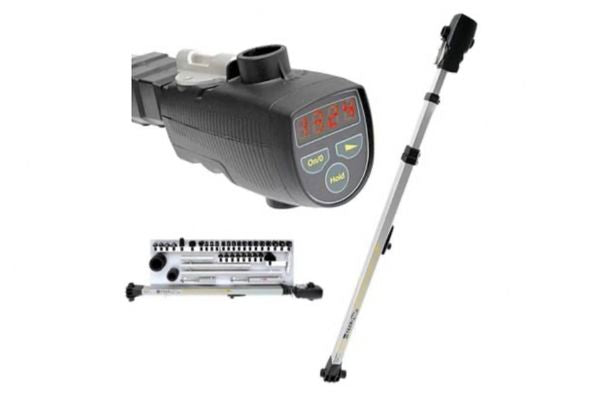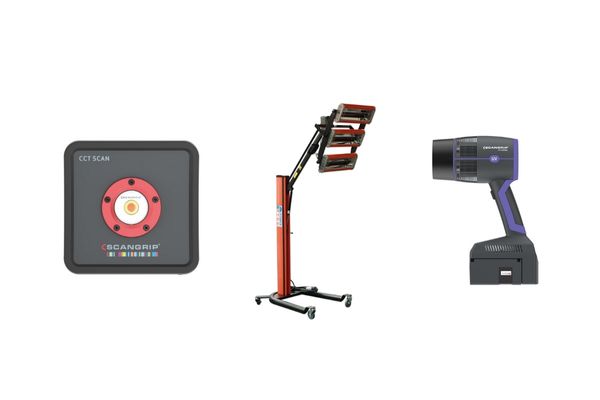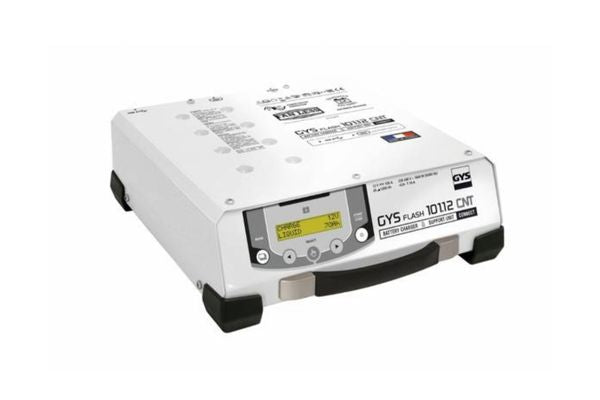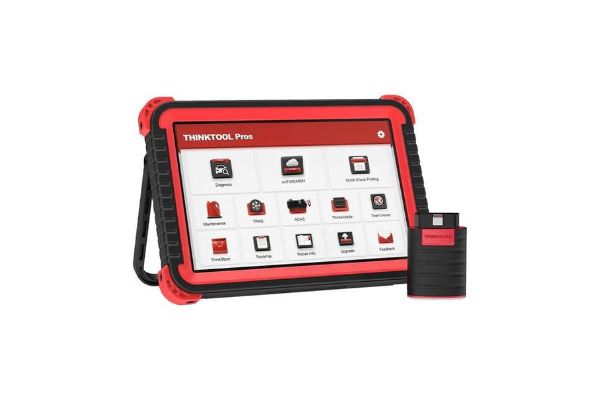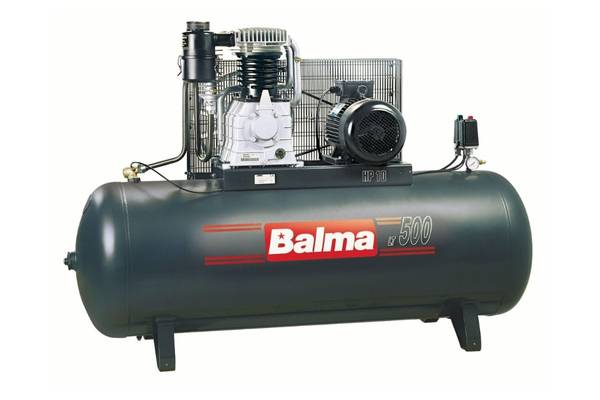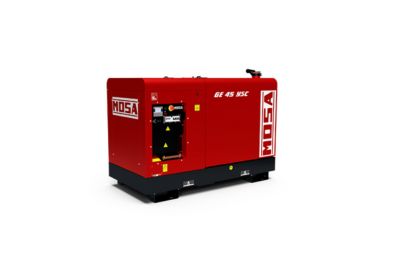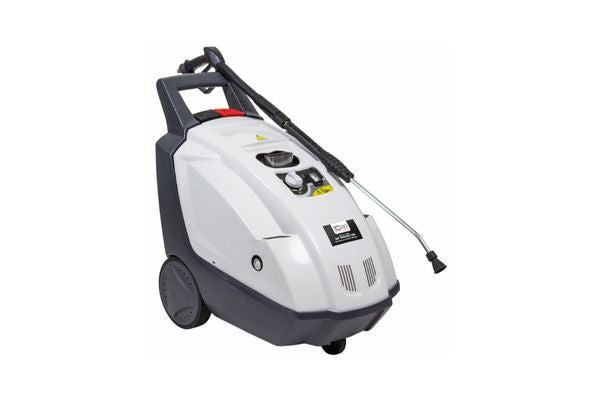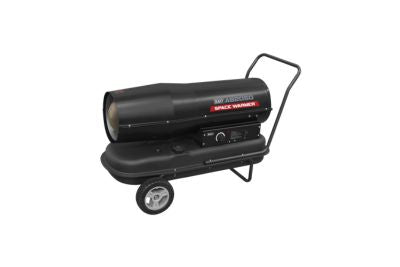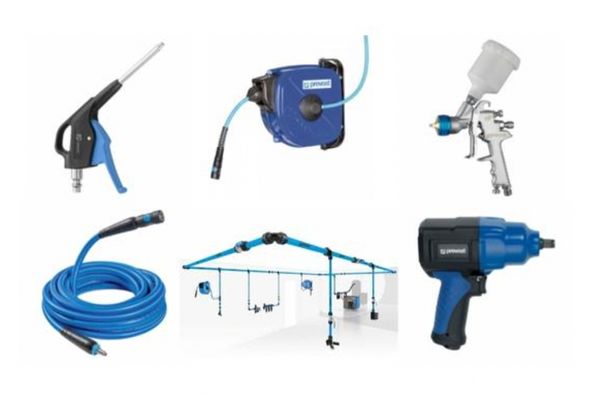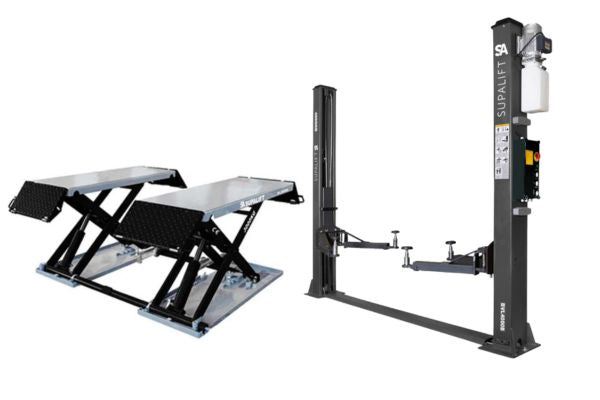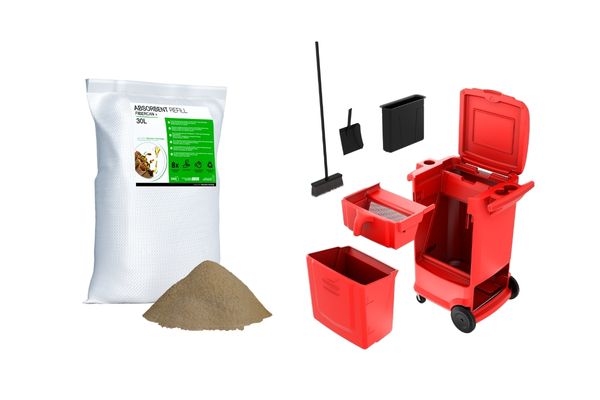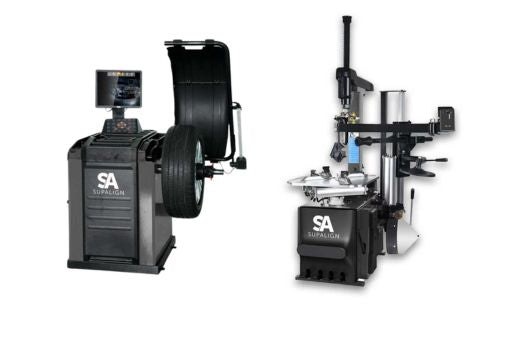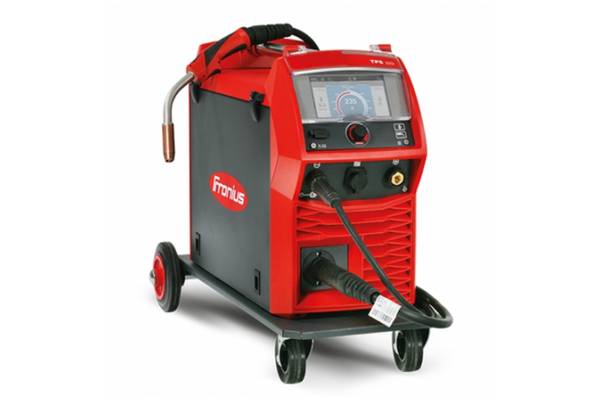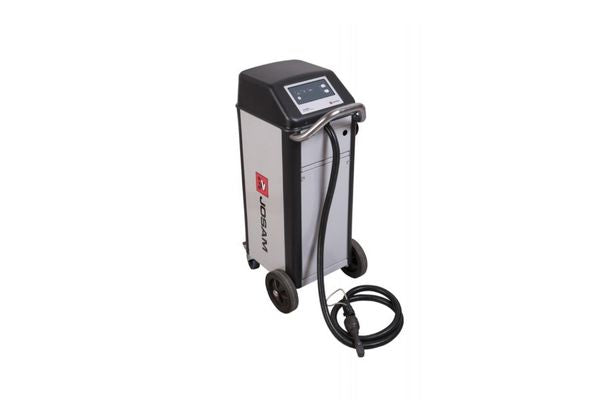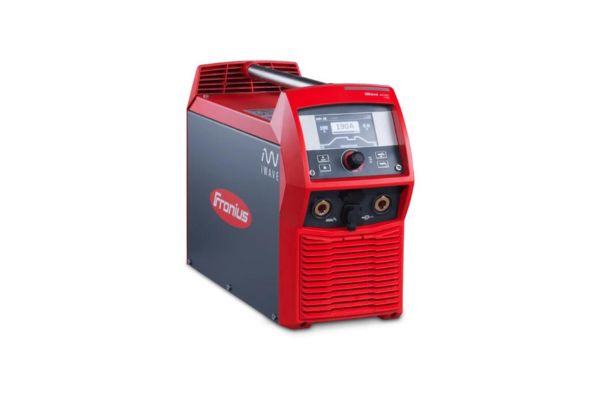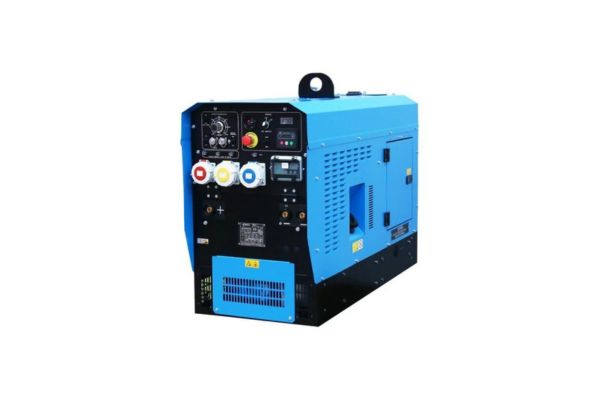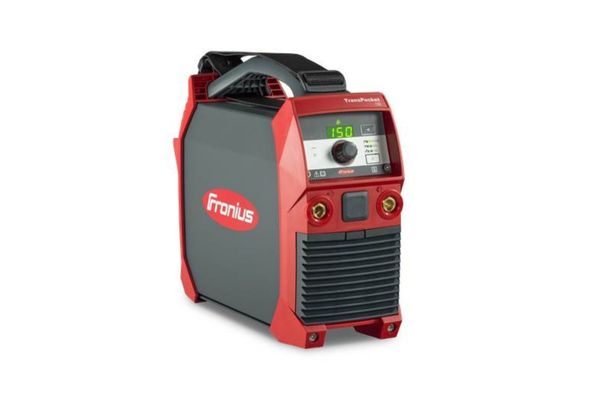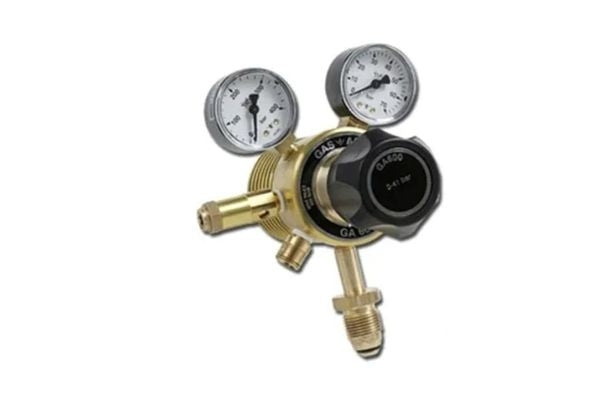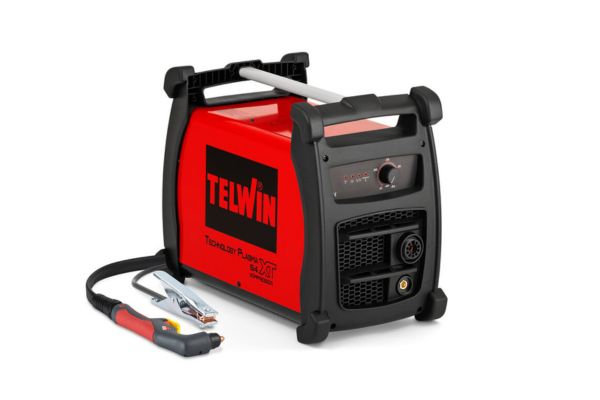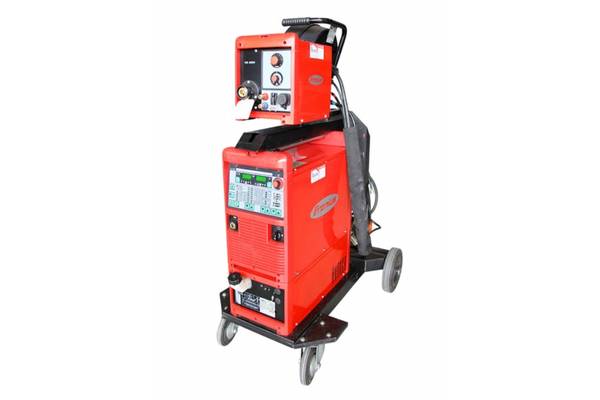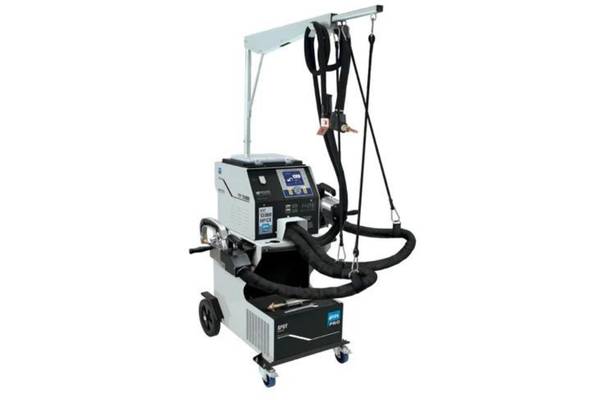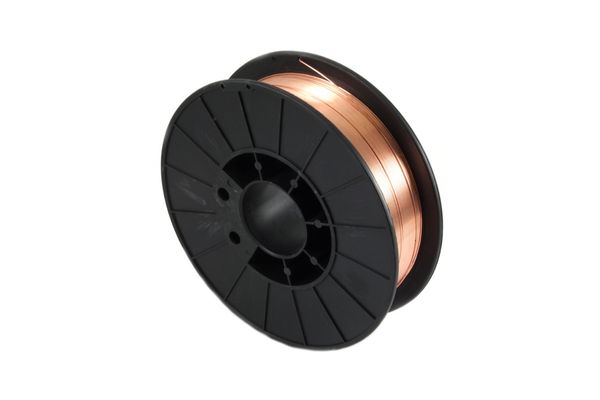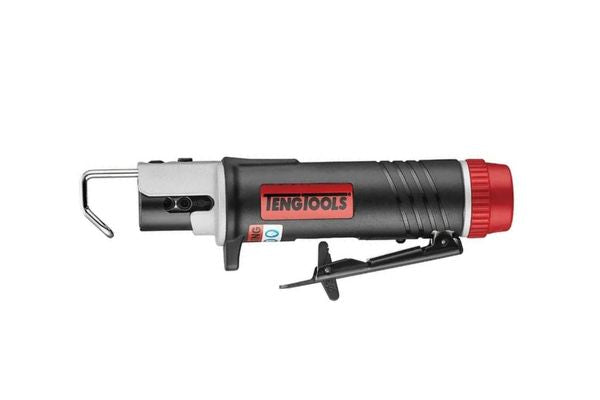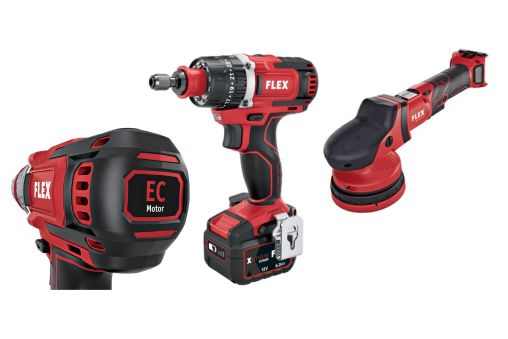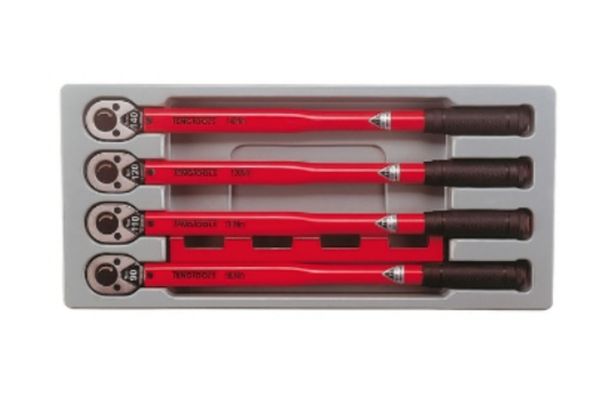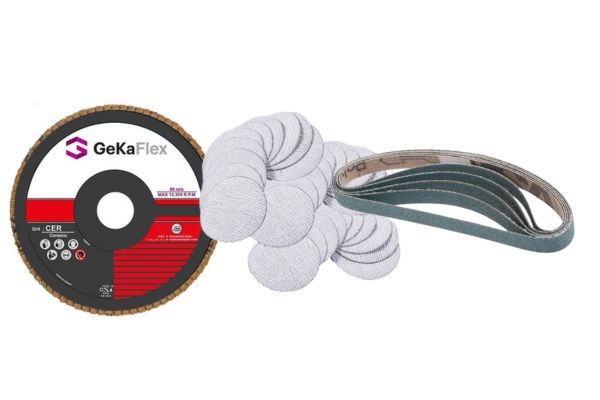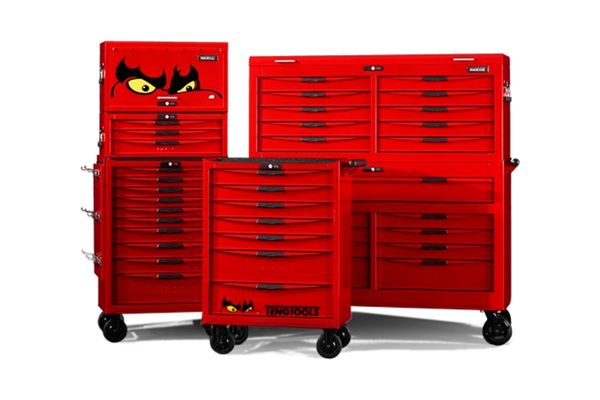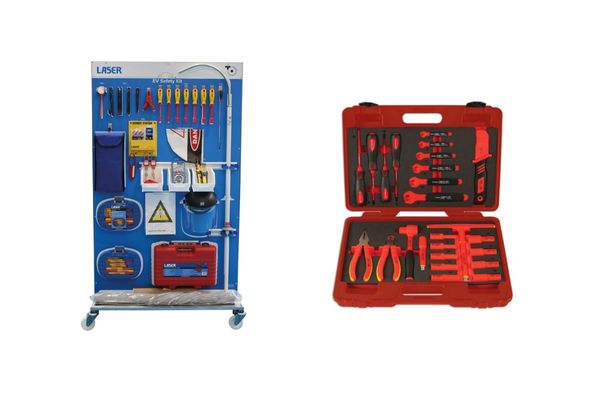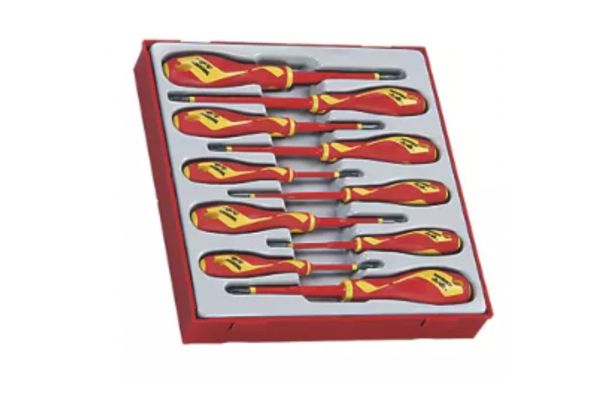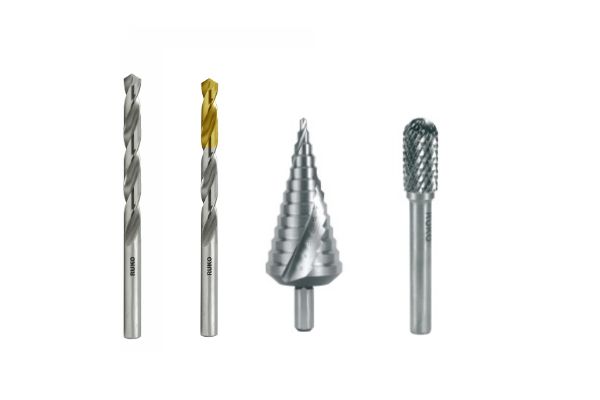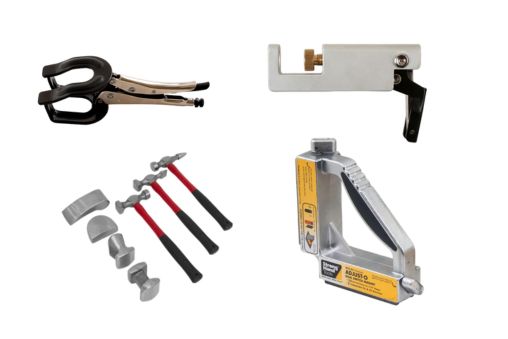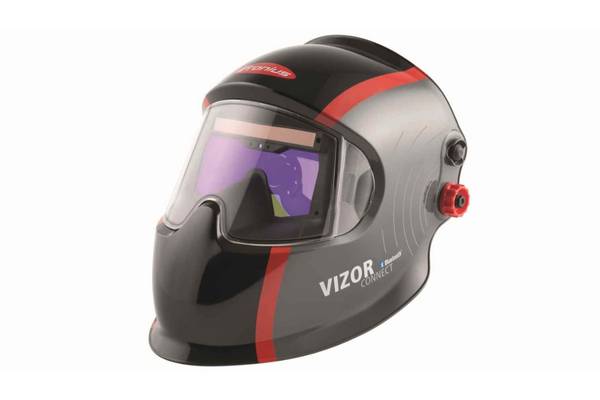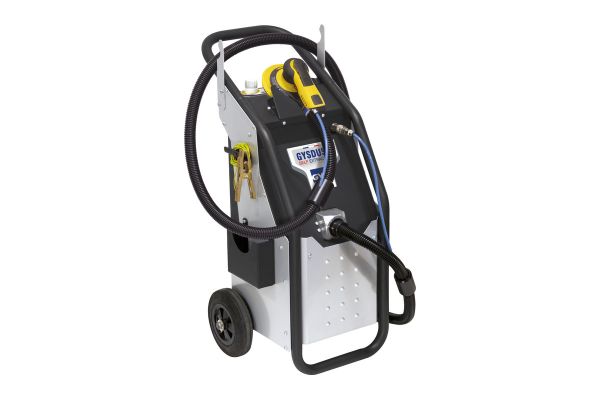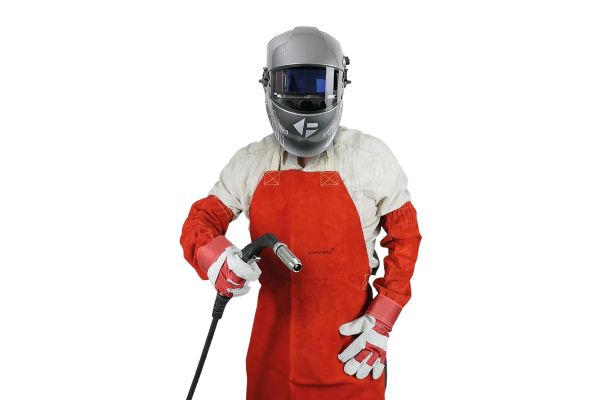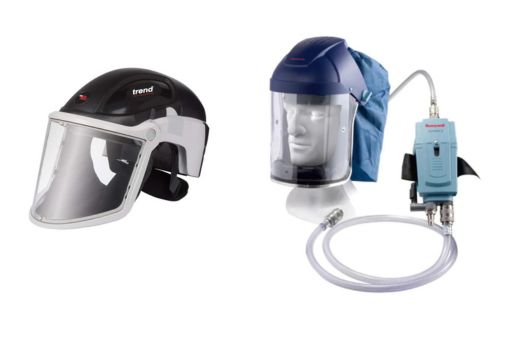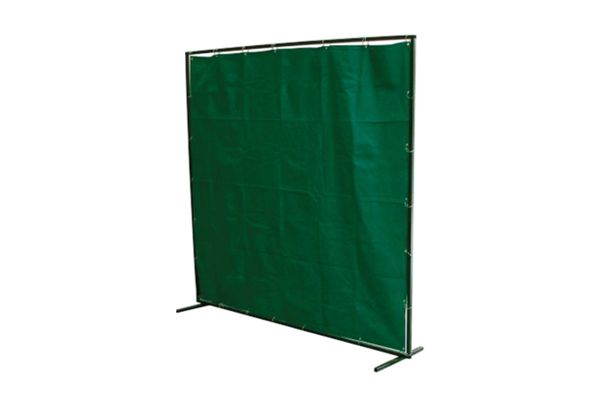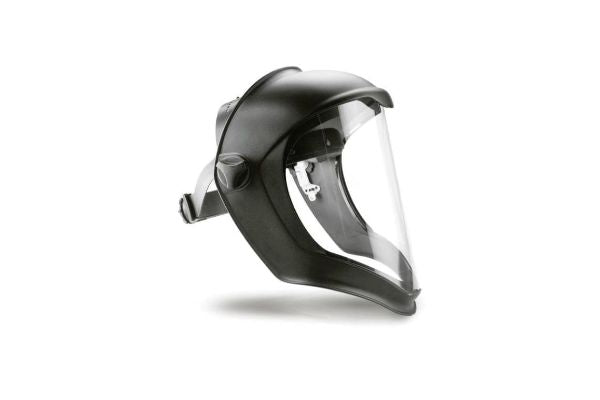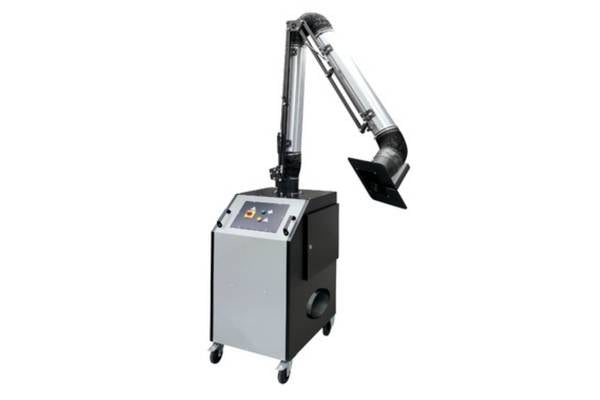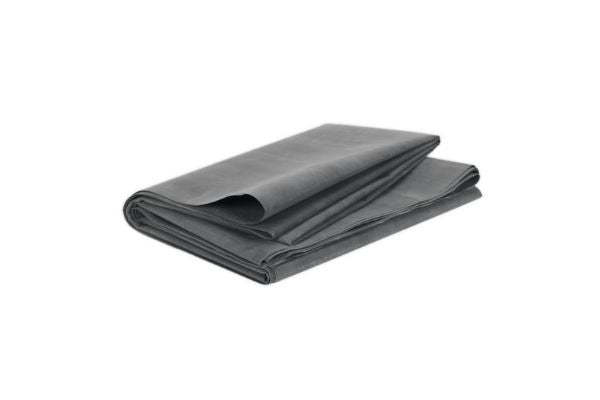NEW Glue Pulling Systems- In Stock!
NEW Glue Pulling Systems- In Stock!
BODYSHOP
WORKSHOP
WELDING
TOOLS
SAFETY
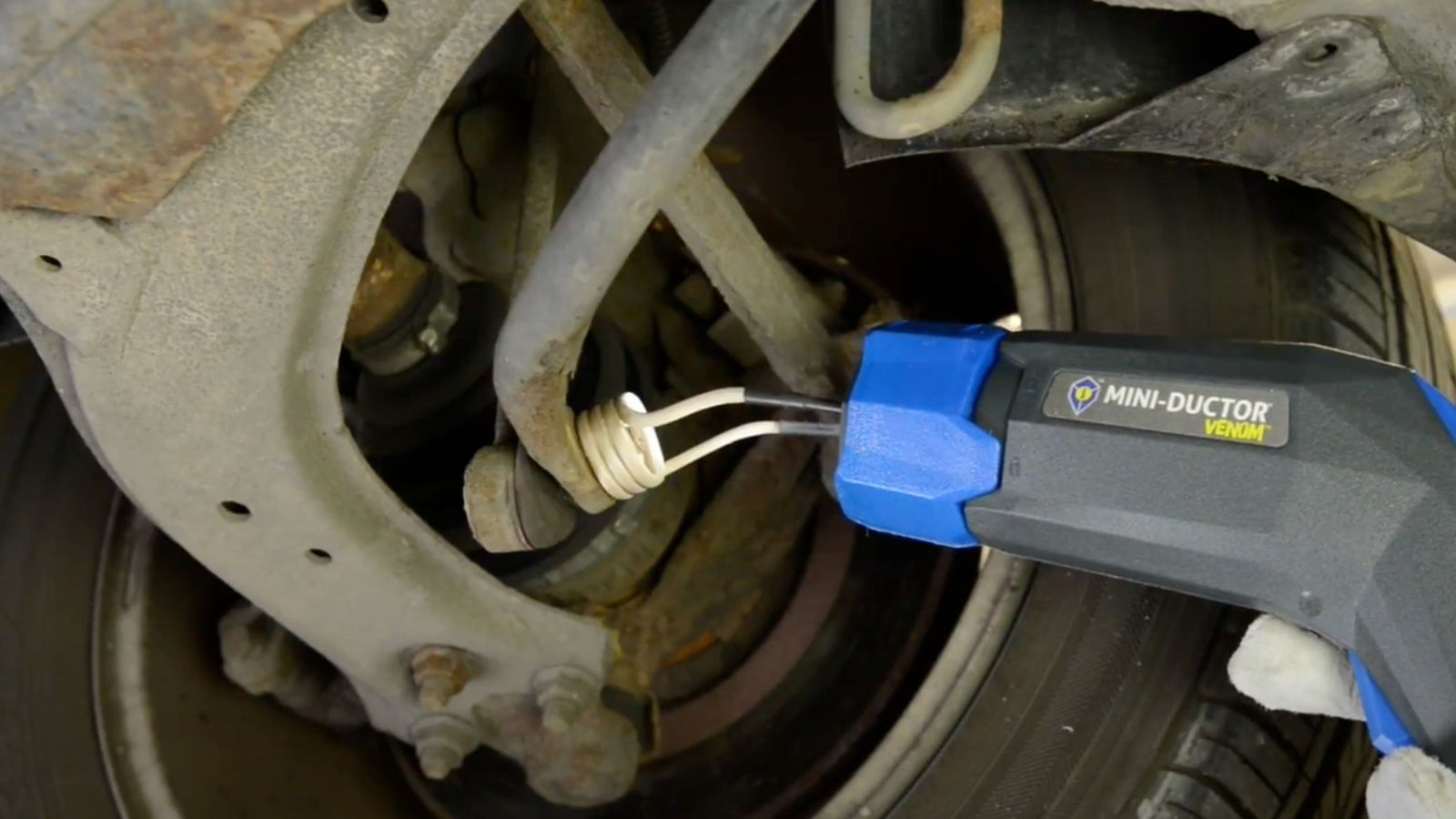
The Best Induction Heater For Rusted Bolts
April 03, 2024 5 min read
If you've ever worked on a DIY project or performed maintenance on your vehicle, chances are you've encountered the frustration of dealing with rusted bolts. These stubborn bolts can bring your work to a screeching halt and make you wish for a magic solution. Either that or you get out the old flame burner to heat up the bolt and all the dangers that involves. Well, look no further than induction heaters! In this guide, we'll dive into the world of induction heaters, discuss why they're the ultimate tool for tackling rusted bolts, and help you find the best one for your needs.
What is an Induction Heater?
An induction heater is a device that uses electromagnetic induction to heat metal objects. By generating high-frequency alternating current through a coil, the heater creates a magnetic field that induces currents in the metal object, causing it to heat up rapidly. This process is incredibly efficient and allows for precise control over temperature, making induction heaters perfect for a wide range of applications, including loosening rusted bolts. Basically anything ferrous placed into this magnetic field heats up instantly - and safely!
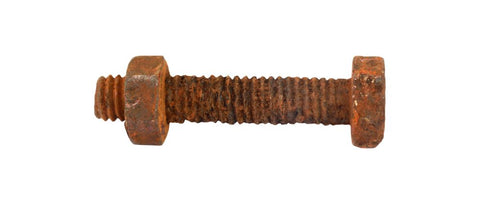
Why Choose an Induction Heater for Rusted Bolts?
Efficiency. Induction heaters heat only the metal object, leaving surrounding areas unaffected. This targeted heating reduces the risk of damage to surrounding components.
Speed. Unlike traditional methods such as torches or chemical solutions, induction heaters can heat up bolts in seconds, significantly reducing the time needed to complete your project.
Safety. With no open flame or hazardous chemicals involved, induction heaters offer a safer alternative to other rust-removal methods.
Versatility. Induction heaters come in various sizes and configurations, making them suitable for a wide range of bolt sizes and applications.
Environmentally Friendly. Induction heating produces no emissions, making it an eco-friendly option for rust removal.
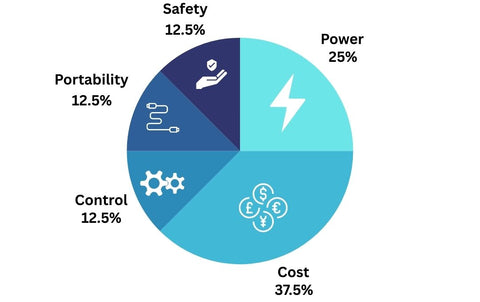
How to Choose the Best Induction Heater for Rusted Bolts
When selecting an induction heater for rusted bolts, consider the following factors:
Power Output. Look for a heater with sufficient power output to handle the size and thickness of the bolts you'll be working with.
Portability. If you'll be using the heater in different locations, consider its size and weight for easy transport.
Temperature Control. If money allows - Opt for a heater with adjustable temperature settings for precise control over the heating process. (Many of the smaller handheld units won't have this facility)
Safety Features. Choose a heater with built-in safety features such as automatic shut-off to prevent overheating. (Again many of the lower end handheld units wont have this feature).
Price. While quality comes at a cost, consider your budget and look for a heater that offers the best value for your money. Also purchase from a company that can repair or look after the unit if there is a problem ( like us).
Top Picks for the Best Induction Heater
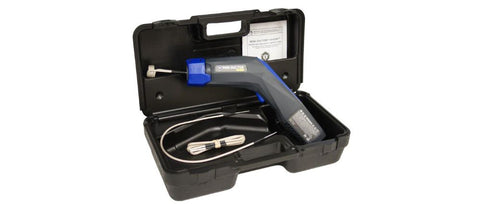
Mini-Ductor Venom.
Pros: This was the original inductor designed for the mechanic or technician and its been around the longest. They are compact yet powerful, the Mini-Ductor Venom is a favorite among mechanics for its ability to tackle rusted bolts with ease. It features adjustable heating settings and a lightweight design for maximum portability. Its price can be a little more expensive that other models but it uses quality electronics and has a good support network. We also love the fact that the handle can be adjusted to help get you into those tight bolts under a vehicle. Feels quality in your hands. Its power rating is not stated. 220V supply
Cons: It doesn't have a timer circuit (much like many units this type) so you are the timer. Remember unlike they show you in all the videos, you don't have to make the bolt cherry red, this just means you have heated up not only the nut but also the bolt so you lose the expansion. Just heat up till you see smoke, then crack off the nut.
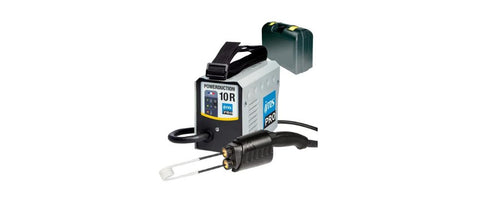
GYS Powerduction 10R
Pros: With its high power output and rugged construction, the GYS Powerduction 10Ris built to handle even the toughest rusted bolts. It offers 5 temperature controls which you can set for different materials or size bolts. It also comes with overheat protection unlike some other handheld units. Is power rating is 1200W with high duty cycle. and comes with a range of coils for versatile use. 220V supply.
Cons: The unit has two parts, one to house the electronics and one for the heating coils. This can make it a bit more cumbersome than the handheld units. But i suppose a good point is that if you break the head you don't break the whole unit.
An admirable alternative to the GYS is the SIP 1500W Induction Heater which has a bit more power but has less safety features and in my opinion the build quality isn't as good.
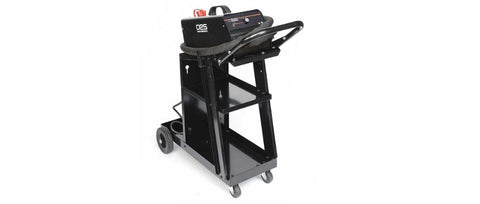
AES HI 3.5KW Liquid Cooled Induction Heater
Pros: If your looking for the ultimate power/control and your not concerned about the price as much, then a water cooled induction heater is the way to go! We particularly like the AES 3.5kw Inductor. Its a great package for the price and is fully water cooled with a robust head unit. It looks like it's built for work and feels good quality and at 3.5kw of power its high enough for the most demanding jobs being three to four times more powerful than a handheld unit. Comes complete on a trolley.
Cons: Comprises two distinct units - the power unit and water-cooled head - which are considerably bulkier than handheld units. The head unit, constructed from copper, lacks flexibility and cannot be bent to access confined areas.
Key Takeaways
Induction heaters are highly efficient and safe tools for removing rusted bolts.
When choosing an induction heater, consider factors such as power output, portability, temperature control, safety features, and price.
Top picks for the best induction heaters include the Mini-Ductor Venom, SIP 1500W Induction Heater, and AES 3.5kw Inductor
FAQs
Q: Are induction heaters safe to use?
A: Yes, induction heaters are safe to use as they do not involve open flames or hazardous chemicals. However, it's essential to follow safety precautions and use protective gear when operating the heater. Remember the inductor will heat up anything metallic placed inside the magnetic field. Therefore be careful with jewelry on your hand and observe precautions if your wearing a pacemeaker
Q: Can induction heaters damage surrounding components?
A: Induction heaters heat only the metal object being targeted, minimizing the risk of damage to surrounding components. However, it's essential to exercise caution and avoid prolonged heating to prevent damage.
Q: Can induction heaters be used on all types of metal?
A: While induction heaters are primarily designed for ferrous metals such as steel and iron, they can also be used on other metals with varying degrees of effectiveness. We get asked a lot if they will do aluminium and the answer is maybe as you require a lot more power than ferrous and also it needs to be heating for a longer time.
Q: How do I know what power output I need for my induction heater?**
A: The power output required depends on the size and thickness of the bolts you'll be working with. Consult the manufacturer's guidelines or seek advice from experts to determine the appropriate power output for your needs.
Leave a comment
Comments will be approved before showing up.
